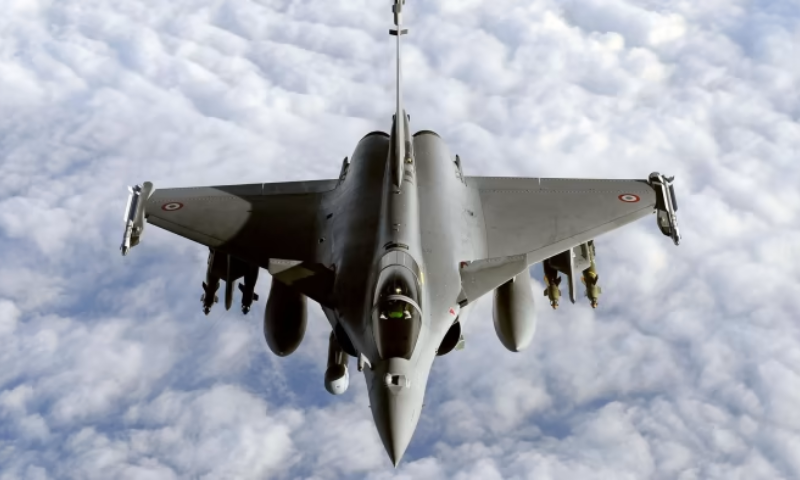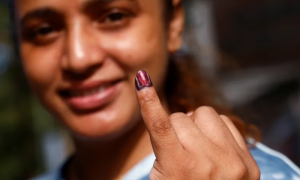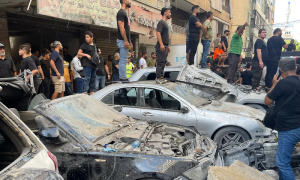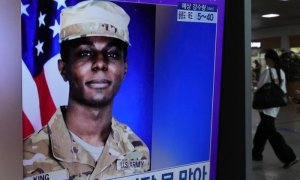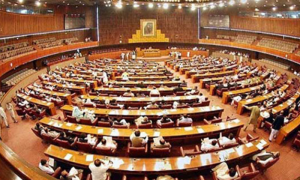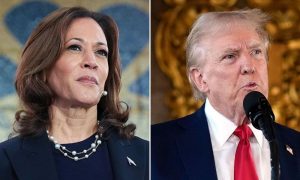UAE: The diplomatic tensions between the United Arab Emirates (UAE) and France have escalated following the arrest of Pavel Durov, CEO of Telegram, leading the UAE to cancel a $20 billion deal with France for 80 Rafale fighter jets.
The arrest of Durov by French authorities has strained bilateral relations, even after his release on bail.
Durov, a UAE citizen with multiple nationalities, was detained at a Paris airport over allegations related to financial crimes, cyber offenses, drug trafficking, and child exploitation on Telegram. He has vehemently denied these accusations, asserting that they are politically motivated due to his refusal to provide backdoor access to Telegram for Western governments.
The UAE, a strong supporter of Durov, perceived his arrest as an attack on its sovereignty and diplomatic norms, exacerbated by his close ties to UAE leadership.
The canceled deal, initially signed in 2021, was a significant defence contract for the UAE, involving the delivery of 80 Rafale fighter jets by French aerospace company Dassault. This cancellation not only impacts France economically but also signifies a serious deterioration in UAE-France relations, which were previously strong.
French President Emmanuel Macron has downplayed the arrest’s political implications, suggesting it is unrelated to broader geopolitical issues, including the Russia-Ukraine conflict. However, the UAE remains unconvinced, especially given prior French efforts to relocate Telegram’s operations to France in 2018. This has led to speculation about underlying geopolitical motives.
Although Durov was released on a $5.56 million bond, he faces ongoing legal battles and cannot leave France. The UAE’s decision to cancel the Rafale deal highlights the broader impact that the arrest of a high-profile individual can have on international diplomacy. The future of the deal remains uncertain, with potential for renegotiation or permanent cancellation, underscoring the volatile nature of global politics.









